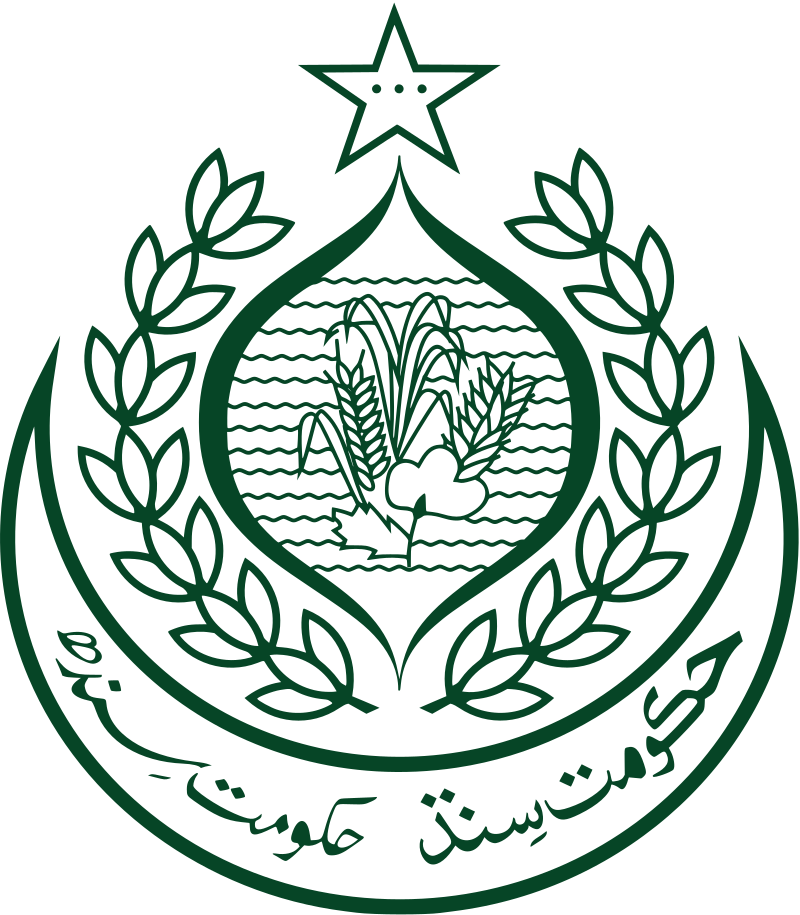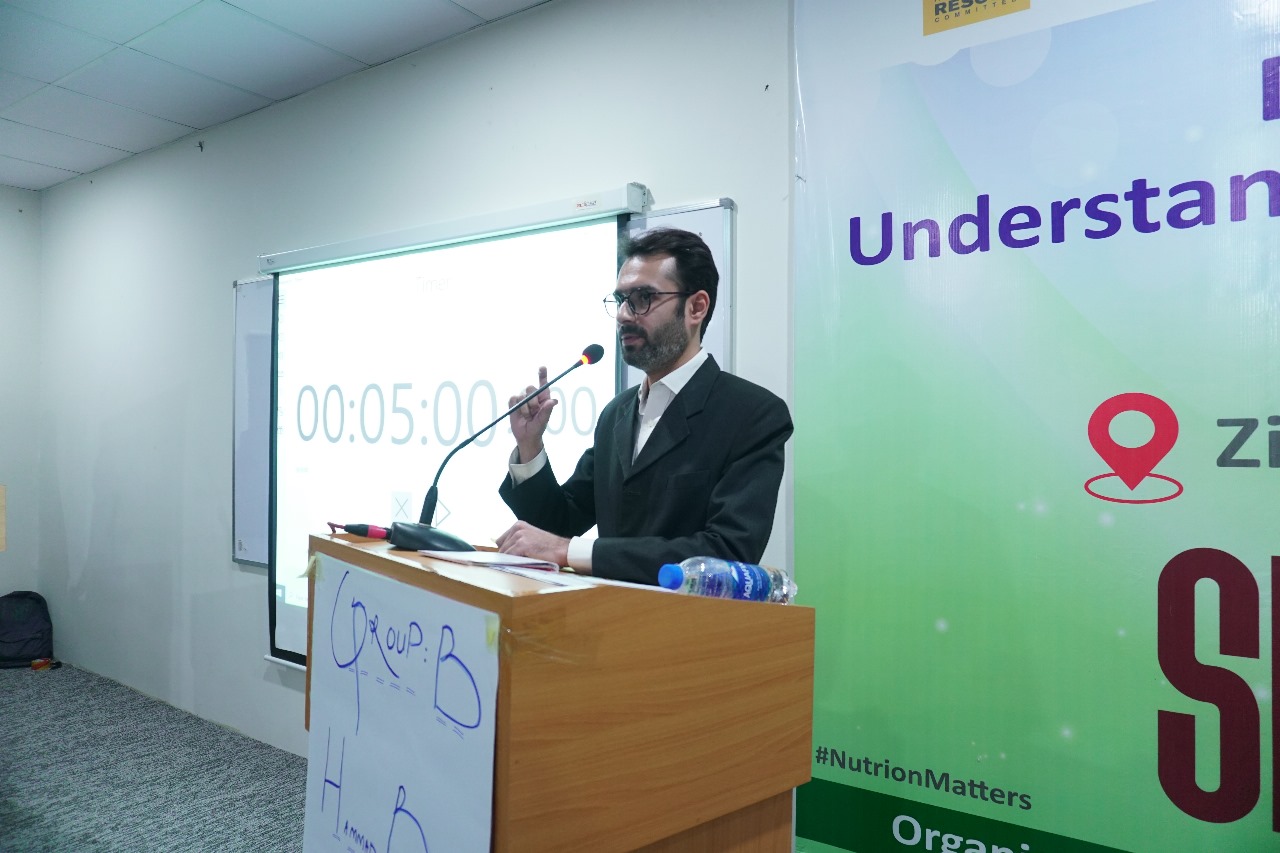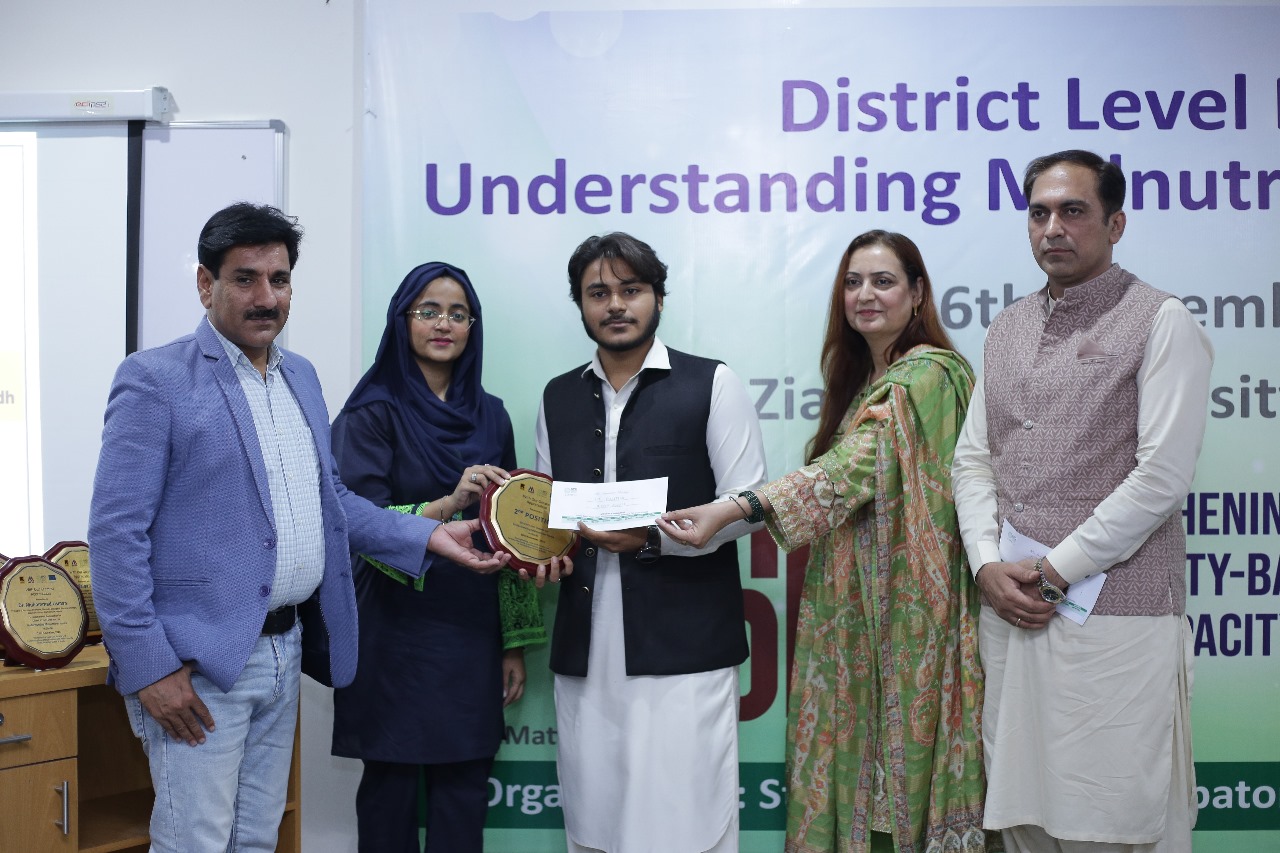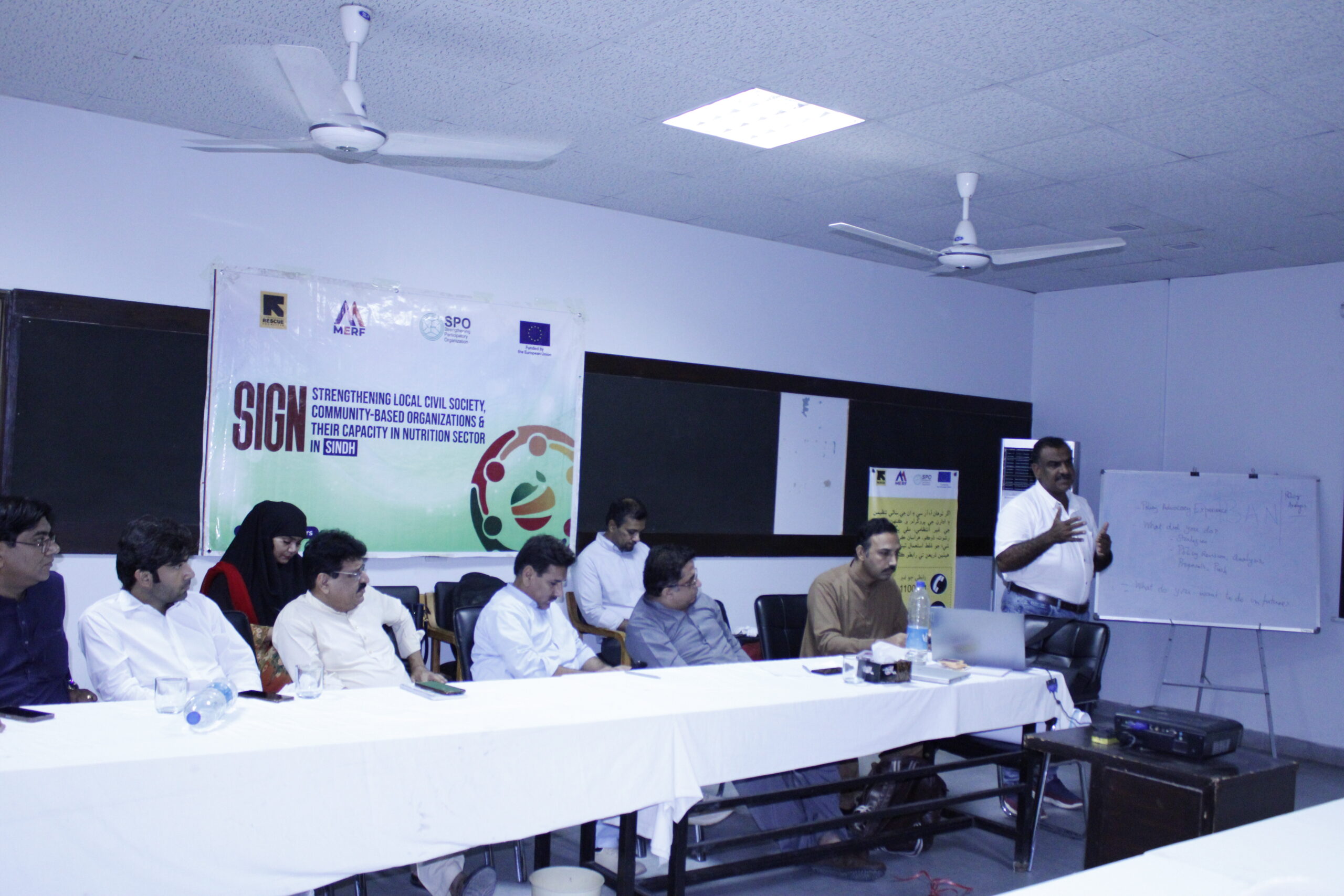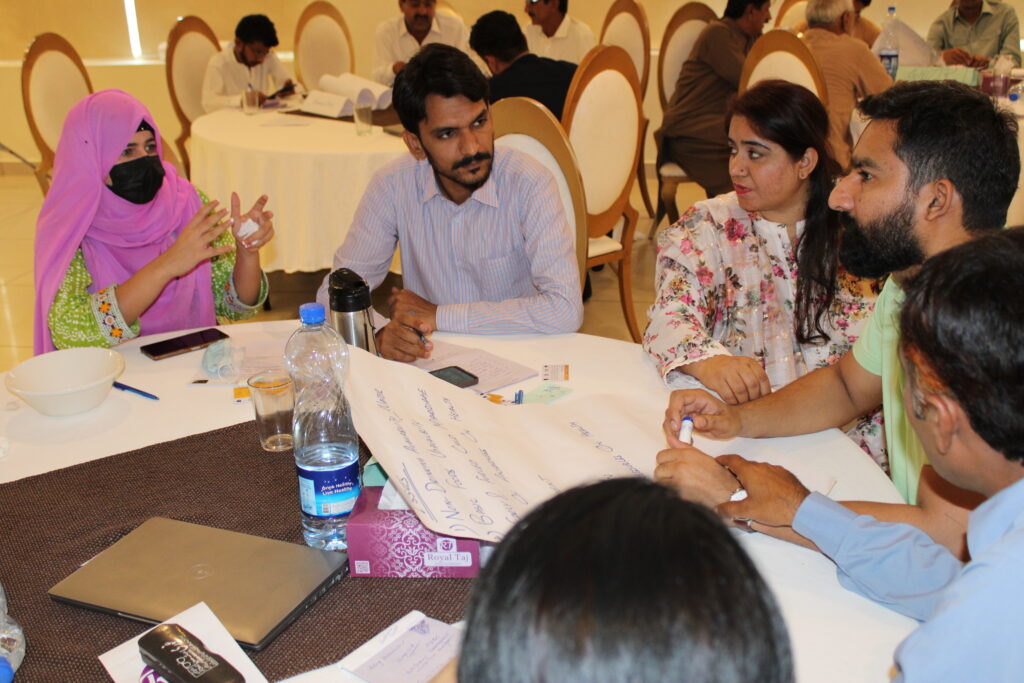
Three-Day Capacity Building Workshop for CSOs on Effective Policy Dialogues
Strengthening Participatory Organization (SPO), in collaboration with IRC, MERF, and funded by the EU, is addressing the urgent issue of nutrition policy and policy implementation for mother and child nutrition across five Sindh districts—Sukkur, Khairpur, Kashmore, Naushehro Feroze, and Ghotki. This initiative focuses on strengthening the District Coordination Committee on Nutrition (DCCN) by improving policy dialogue, government collaboration, and fostering community involvement.
The three-day capacity-building workshop, followed by a refresher training, was designed to enhance the skills of Civil Society Organizations (CSOs) and DCCN members for engaging in effective policy dialogues. The training covered key areas such as policy development, advocacy strategies, and government collaboration to ensure the successful policy implementation of nutrition policies.
The workshop objectives included deepening participants’ understanding of policy impact on nutrition outcomes for women and children, as well as developing tailored action plans for impactful policy engagement. It also aimed to strengthen collaboration between CSOs, government bodies, and stakeholders to improve policy implementation.
Core topics of the training included leadership & communication in policy advocacy, effective communication and advocacy strategies, understanding policy processes, and conducting organizational assessment. The training was delivered using an interactive training approach with multimedia presentations, group discussions, role-playing exercises, and practical activities to ensure hands-on learning.
Following the initial workshop, a refresher training was conducted to reinforce key concepts, provide additional tools for policy dialogue, and ensure participants could apply their newly acquired skills effectively. During the refresher session, participants reviewed their district-specific action plans, fine-tuned their strategies, and discussed challenges encountered in policy engagement and implementation.
Feedback from participants indicated high satisfaction with both the workshop and the refresher training, praising the engaging content, expert delivery, and the practical applicability of the sessions. This combined training approach has effectively equipped participants to drive positive policy changes and enhance nutrition outcomes in their communities.

